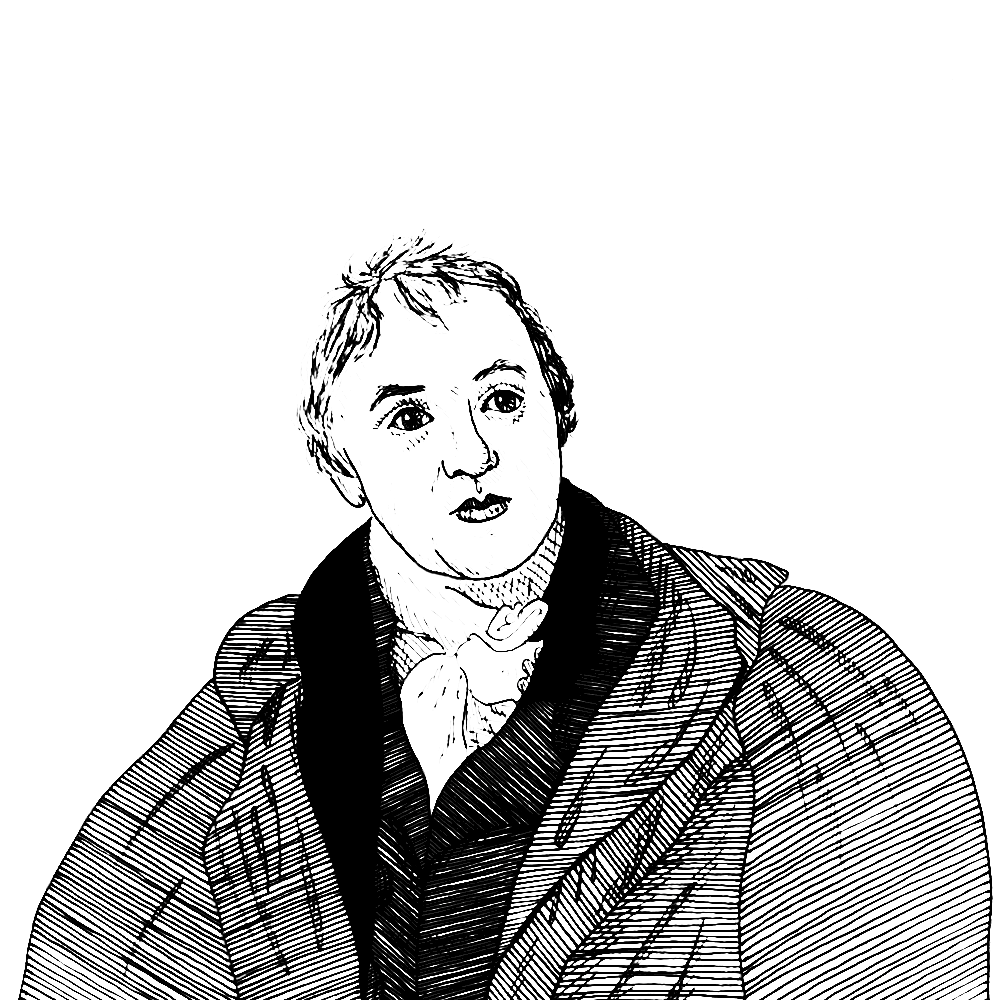
James Mackintosh on the relationship between justice and utility (1791)
Found in: Vindiciae Gallicae and Other Writings on the French Revolution
The Scottish philosopher and historian James Mackintosh (1765-1832) replied to Edmund Burke’s criticism of the French Revolution and the idea of natural rights in Vindiciae Gallicae (A Vindication of France) (1791). In this passage he rejects the idea that one should abandon “general maxims” about what it is right to do for the sake of expediency:
Justice
Justice is expediency, but it is expediency, speaking by general maxims, into which reason has concentrated the experience of mankind. Every general principle of justice is demonstrably expedient, and it is this utility alone that confers on it a moral obligation. But it would be fatal to the existence of morality, if the utility of every particular act were to be the subject of deliberation in the mind of every moral agent. A general moral maxim is to be obeyed, even if the inutility is evident, because the precedent of deviating more than balances any utility that may exist in the particular deviation. Political first principles are of this description.